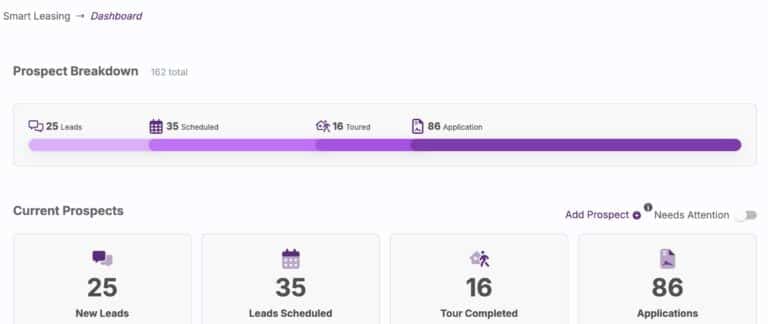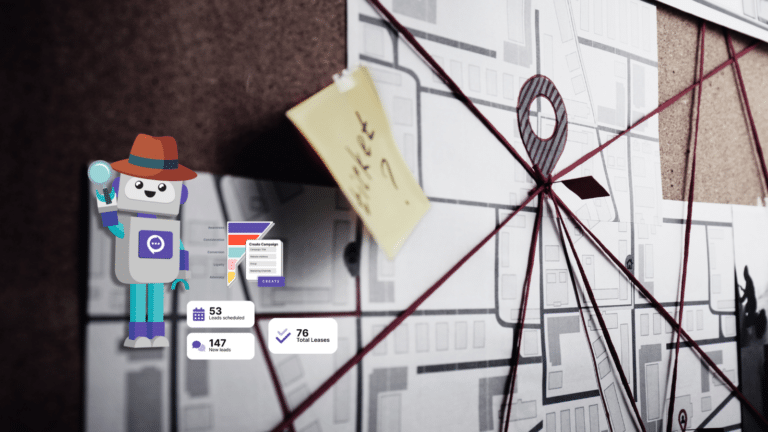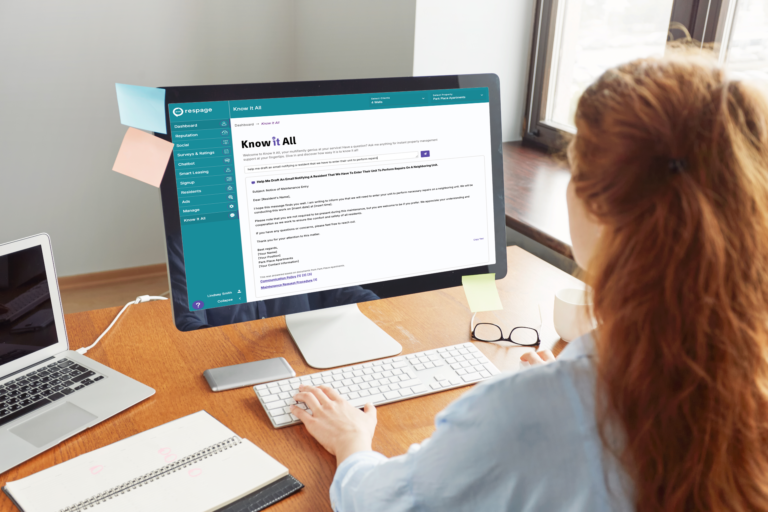Since the COVID-19 pandemic began, would you say you’re experiencing more work-related burnout and stress, or less?
About 50 percent of American employees reported in January 2020 that they were burned out, according to the Society of Human Resource Management. When the same survey was repeated in December 2020—nine months into the COVID-19 pandemic—75 percent of U.S. workers reported that they were burned out.
In this post, we’ll take a look at work-related burnout among apartment professionals and what can be done to address it.
What is work-related burnout?
Stress and burnout are connected, but different. While stress causes mainly physical symptoms like anxiety, burnout is characterized by disengagement and blunted emotions.
Here are some signs of burnout:
- You feel unappreciated
- You feel like you’re stuck in a rut where every day is bad
- Your daily tasks are either dull or overwhelming
- You’re exhausted and unmotivated
- You feel like caring about work is a waste of energy
What’s causing burnout in Multifamily?
Multifamily professionals have been under particularly acute stress since the pandemic began. This is a sampling of some of the issues that community managers and leasing agents have struggled with over the past year and a half:
- Contending with residents’ frustration over the closing or restricting of amenities
- Handling an increasing number of noise complaints as residents were home all day and night
- Managing an onslaught of maintenance requests from residents who were home more, combined with safety mandates that limited service team members’ capabilities to respond to anything but emergencies
- Juggling the duties of multiple team members as employees were ill or unable to work due to health concerns
- Dealing with an excessive number of package deliveries with inadequate space to hold them
- Working with residents who were unable to pay rent due to job loss
The technology factor in Multifamily burnout
Running parallel to these stressors is another factor contributing to burnout: Technology. Employees are accessible outside of normal work hours and often feel obligated to be productive when they should be using their downtime to decompress physically, mentally and emotionally.
But technology can also be a solution to burnout. The most useful forms of tech are ones that are powered by artificial intelligence that can take tasks off the plates of employees. These include:
- Virtual leasing agents. They nurture leads and interact with residents without needing to involve the leasing agent. They follow up with prospects and nudge them toward completing an online rental application. The most competent ones use natural language processing.
- Chatbots. They live on apartment websites and are capable of answering prospects’ questions about the community. Just like virtual leasing agents, the most efficient chatbots use natural language processing.
With these “AI co-workers,” human leasing agents won’t feel as overwhelmed, they can take care of higher-level tasks and leave the repetitive and time-consuming but still very important tasks to the bots.
Other ways to address burnout
Employee appreciation pizza parties are great, but it’s important to address the deeper issues that contribute to burnout. In addition to adding AI technology to make team members’ lives a bit easier, Multifamily companies might consider doing more to help employees manage all they are juggling. Here are a few examples:
- Making working from home a long-term play. Many apartment communities shifted to virtual work during the pandemic, and many are still offering it as an option to employees. If you tried it and had success, extending it or making it permanent could help with employee retention, as many Americans are continuing to seek work-from-home jobs. Some Multifamily pros predict that the leasing office will eventually become obsolete, with team members working from home full-time, so it’s worthwhile to consider what that would look like for your team.
- Consider updating PTO policies. Many companies changed their “use it or lose it” vacation policy and allowed employees to roll their unused time into the new year. Some allowed workers to cash out their unused PTO for cash instead. These accommodations could help ease the pressure off workers and allow them to prioritize rest and relaxation.
- Create a wellness initiative. Companies from coast to coast have embraced new wellness programs, such as offering meditation apps free of charge or mental health counseling that’s available virtually and over the phone. Helping team members take care of their mental health is just as important as protecting their physical health on the job.
Conclusion
A Multifamily team that’s burned out won’t be able to deliver the best service to residents and prospects, which could have a real impact on your community’s bottom line. Having your team members’ backs by doing everything possible to ease unnecessary stress will mean they’ll stick around and thrive in their roles. Respage offers AI technology that can help with employee burnout. Contact us to learn more!






